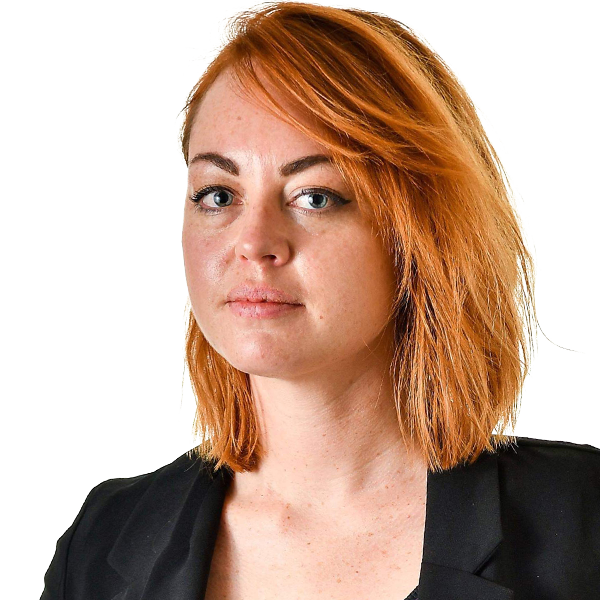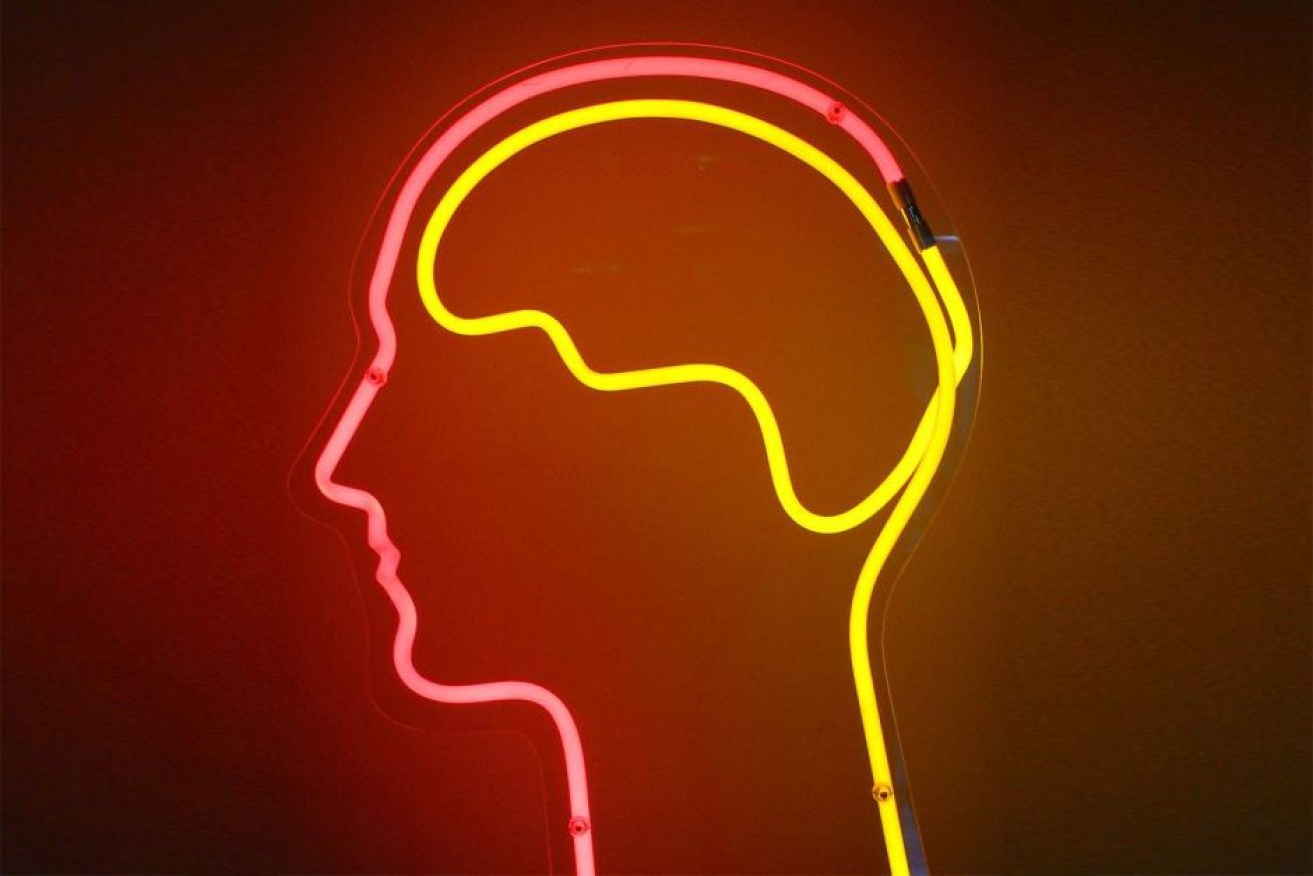‘Life changing’: Popular Parkinson’s treatment improved


Researchers have found a way to negate a harmful side effect to a popular Parkinson's treatment. Photo: Flickr/Dierk Schaefer
Australian researchers have further streamlined the most popular Parkinson’s treatment, making it even more effective.
Deep brain stimulation can reverse some of the most intense Parkinson’s disease symptoms, include tremors, stiffness and slowness.
In some cases, patients who have been treated with the procedure have even been able to stop taking medication.
However, alongside fantastic results there are also harmful side effects to the neurosurgical procedure.
Some patients reported an increase in reckless and impulsive behaviour.
This behaviour change was found to be creating personal problems and family issues for affected patients, lead research and neuropsychiatrist Philip Mosley said.
Deep brain stimulation – DBS for short – works by implanting electrodes into the brain, which deliver electrical currents to a targeted region.
What Dr Mosley and his team found was that when DBS was delivered to certain parts of the brain, there was an increase in impulsivity after the procedure.
“Overall, DBS for Parkinson’s disease is usually a wonderful and life-changing treatment,” Dr Mosley said.
“Now, our understanding of how behaviour can be linked to the pattern of connections in the brain stimulated by DBS means that we can make this therapy even safer and more effective.

Brain imaging showing loss in serotonin function as Parkinson’s disease progresses. Red/yellow areas show that serotonin function reduces before movement symptoms develop. Photo: King’s College London
“Specifically, knowing which connections are harmful or helpful will assist neurologists and neurosurgeons decide where best to place the DBS electrodes and how to adjust the device postoperatively so that only regions of the brain responsible for treating the motor symptoms of Parkinson’s disease are stimulated.”
Narrowing the field
To undertake the research, 55 patients were recruited to the St Andrew’s War Memorial Hospital in Brisbane, which operates one of the largest DBS centres worldwide.
An advanced brain imaging method was using to reconstruct the brain’s nerve cell connections that are stimulated by the implanted electrodes.
Participants were invited to play at a virtual casino that was specially developed to mirror opportunities for impulsivity.

Michael J. Fox was diagnosed with early onset Parkinson’s when he was 29.
They played before and after receiving DBS.
What they found has the capacity to make this treatment even more effective: When the stimulation was applied to the frontal portion of the brain, patients were more likely to place higher, more risky bets in the simulated casino.
“This region of the brain is important for planning behaviour and inhibiting inappropriate actions, so it makes sense that stimulation of this part of the brain can change behaviour in this way,” Dr Mosley explained.
He further followed the progress of the participants, and observed those who developed significant negative changes in behaviour specifically had DBS applied close to the orbitofrontal cortex, a more targeted site in the front of the brain.
This region, he said, is important to how the brain balances a desired goal with a realistic outcome, to ascertain if its behaviour should be modified.
“It is possible that these individuals developed such significant problems because their brains weren’t able to perform this function, which meant that they didn’t link poor choices to negative outcomes, and therefore didn’t learn from the experience,” Dr Mosley said.
The findings were published in the journal Brain on Tuesday.








